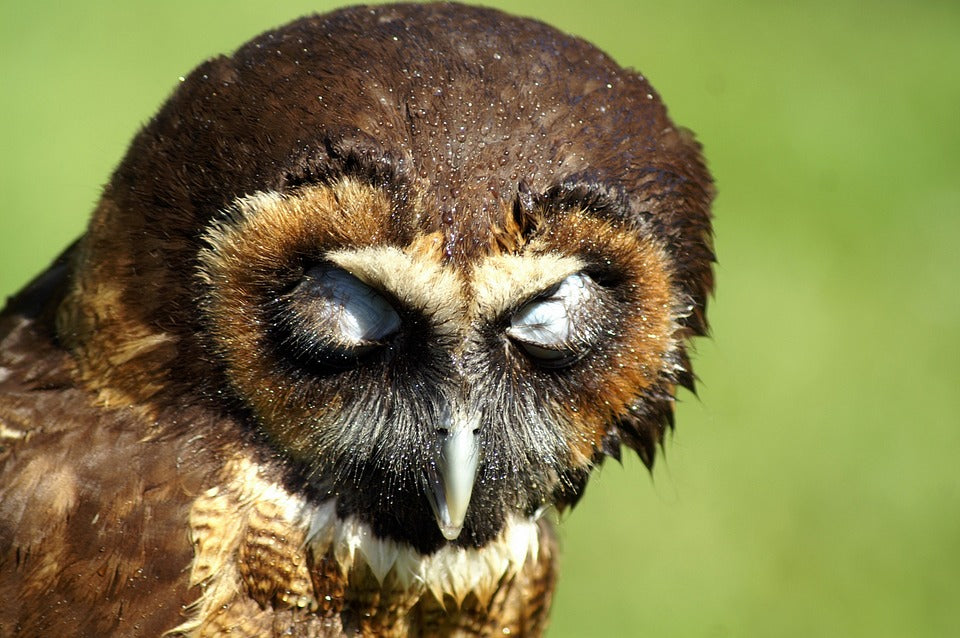Offer
Provide additional details about the offer you're running.
Provide additional details about the offer you're running.
Provide additional details about the offer you're running.

We’ve all been there, sitting on our deck or back porch enjoying a beautiful evening and perhaps a refreshment listening to the wonderful bird songs chirping about in the air, when suddenly, they stop. As night falls, birds fall away into their safe havens where they will spend the night hours. But what is it that they do at night? How do they keep warm? How do they choose a place to sleep?
These are all great questions, and we aim to shed some light on the nighttime habits of your favorite birds.
Obviously, this is the main concern for roosting or sleeping birds. With their guard down, birds like to employ a sleeping site that facilitates some sort of alarm system that will wake them up if and when trouble is afoot. Wading birds and a variety of waterfowl make their beds in and around water, they use the water to identify any trouble, ripples, and vibrations within the water alert these birds when anything or anybody approaches them.
Other birds will use safe havens like nesting boxes strategically placed by backyard birders, and small birds will sleep very high in trees, usually very cozy to the trunk of the tree. This line of defense also allows them to acutely feel any vibrations of a predator lurking in the night. Other species will simply use their numbers as protection. Certain species of birds will sleep in large flocks, with members occupying the outside of the flock remaining alert throughout the night.
There are a number of ways different birds stay warm on particularly cold nights. As stated above, those that gather in large roosts or flocks will also use each others body heat to aid in them keeping warm through the night.
Birds will also display certain physical displays that are noted to help keep them warm at night as well. They are able to fluff their feathers in such a way to create air pockets which help insulate them in colder temperatures. You will also see birds having tucked their bills into their back or shoulders, giving them warmer air to breathe while asleep.
High Quality Blend